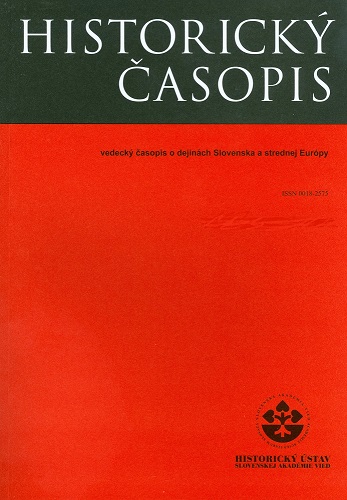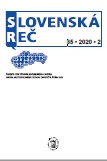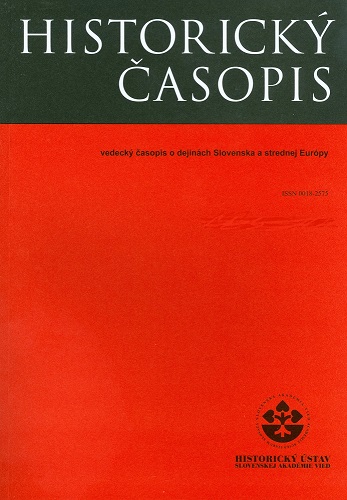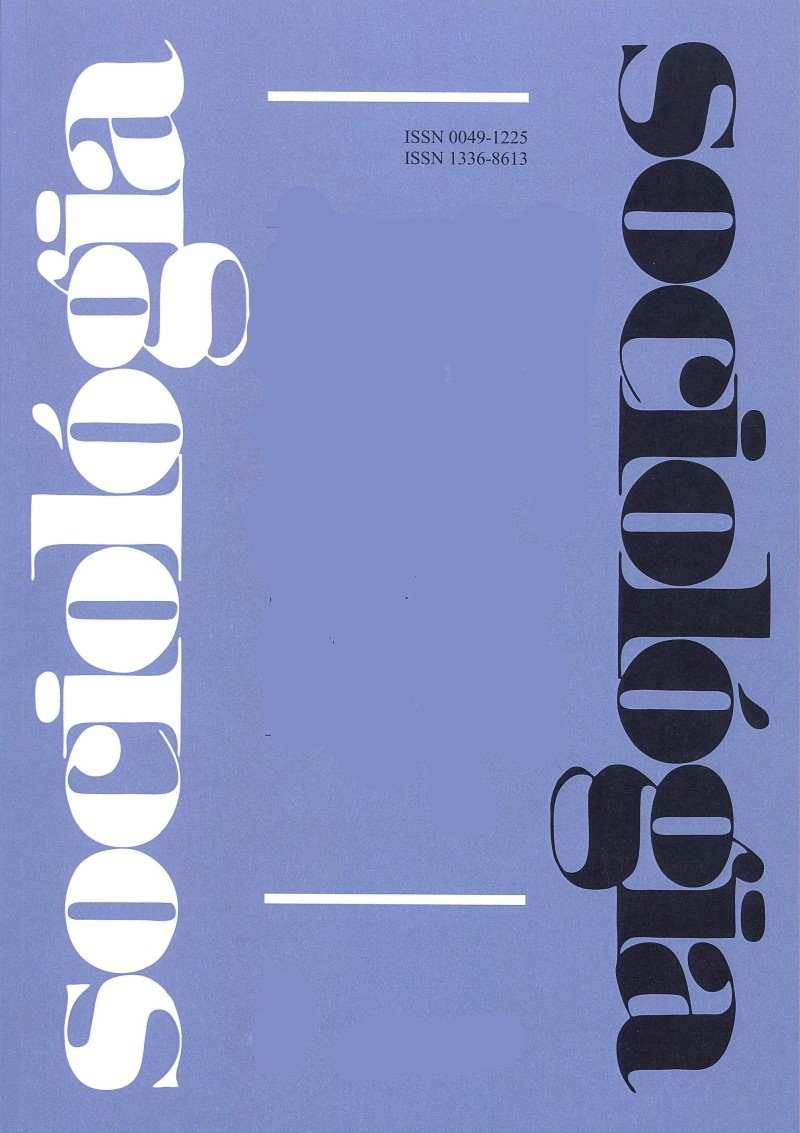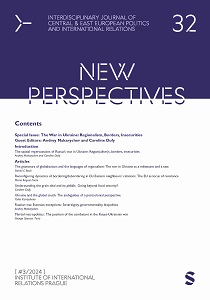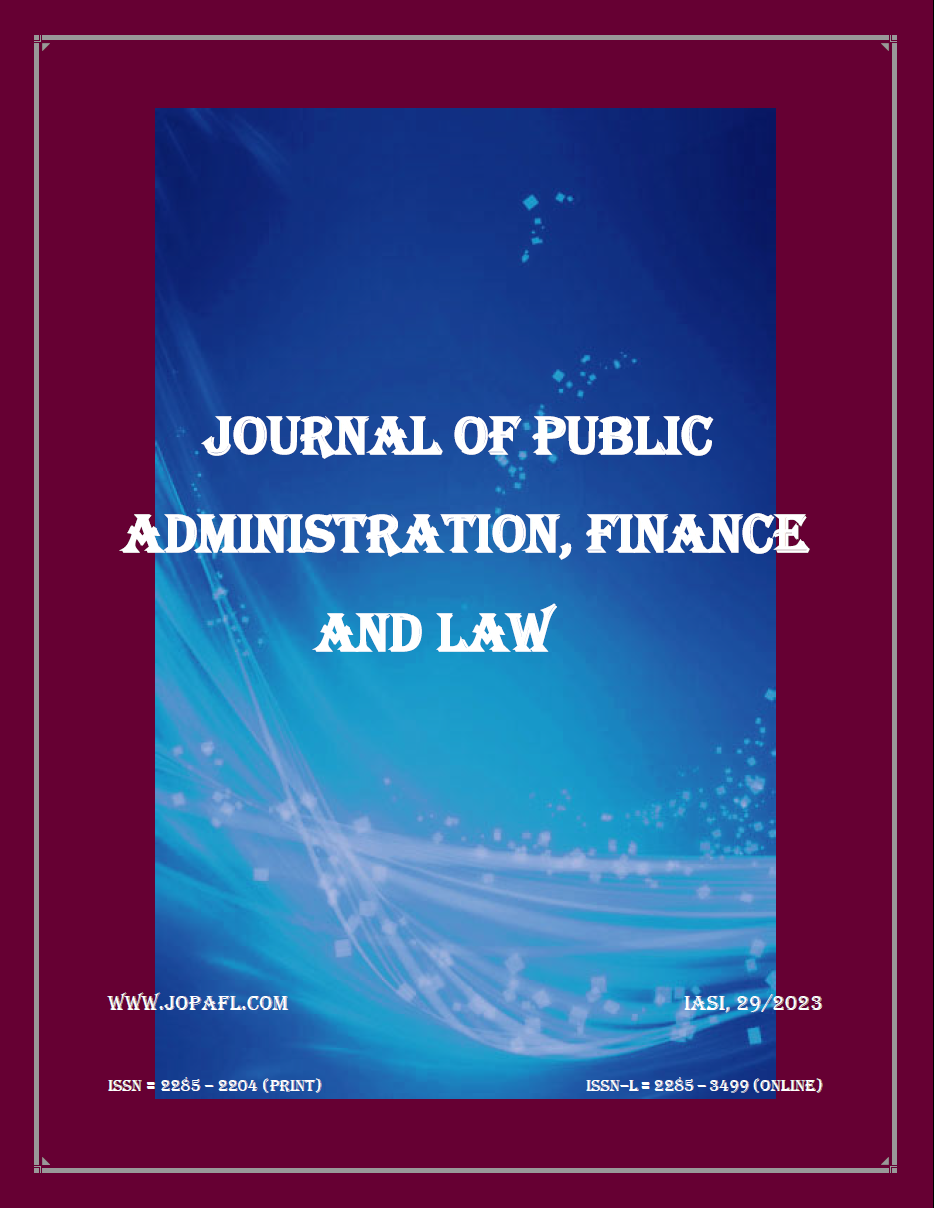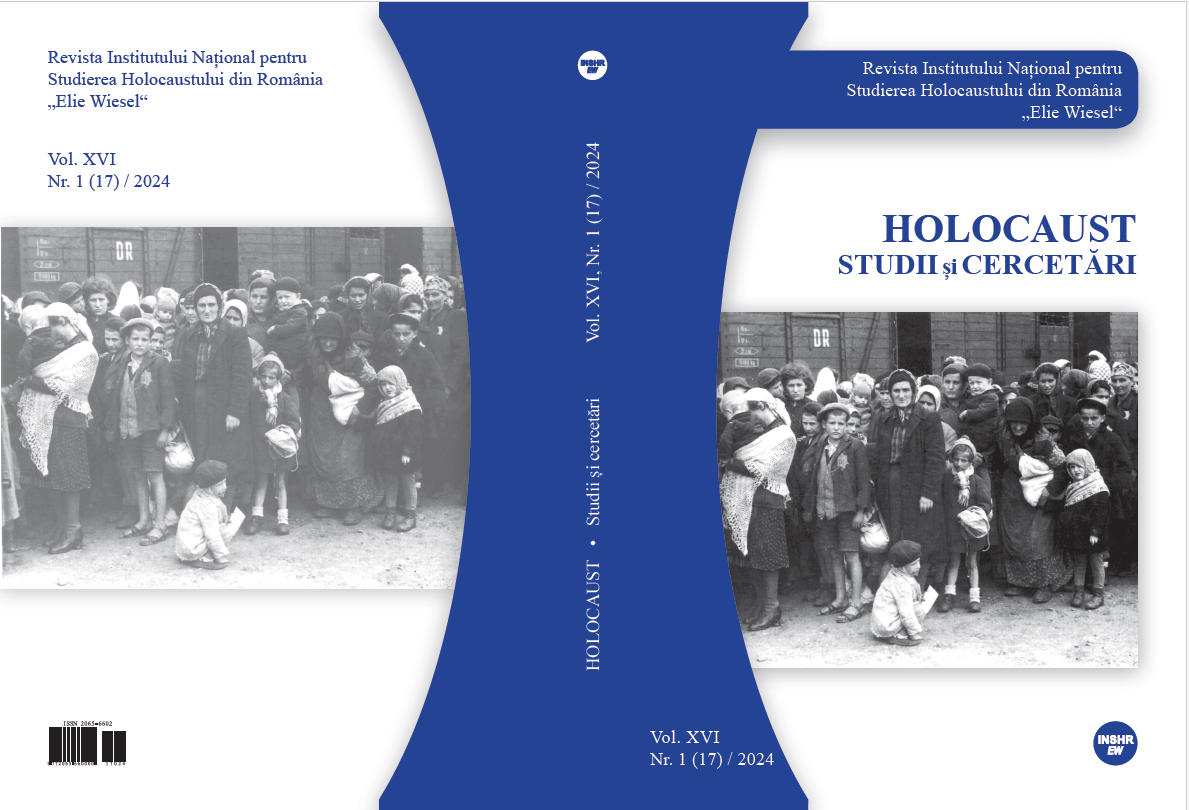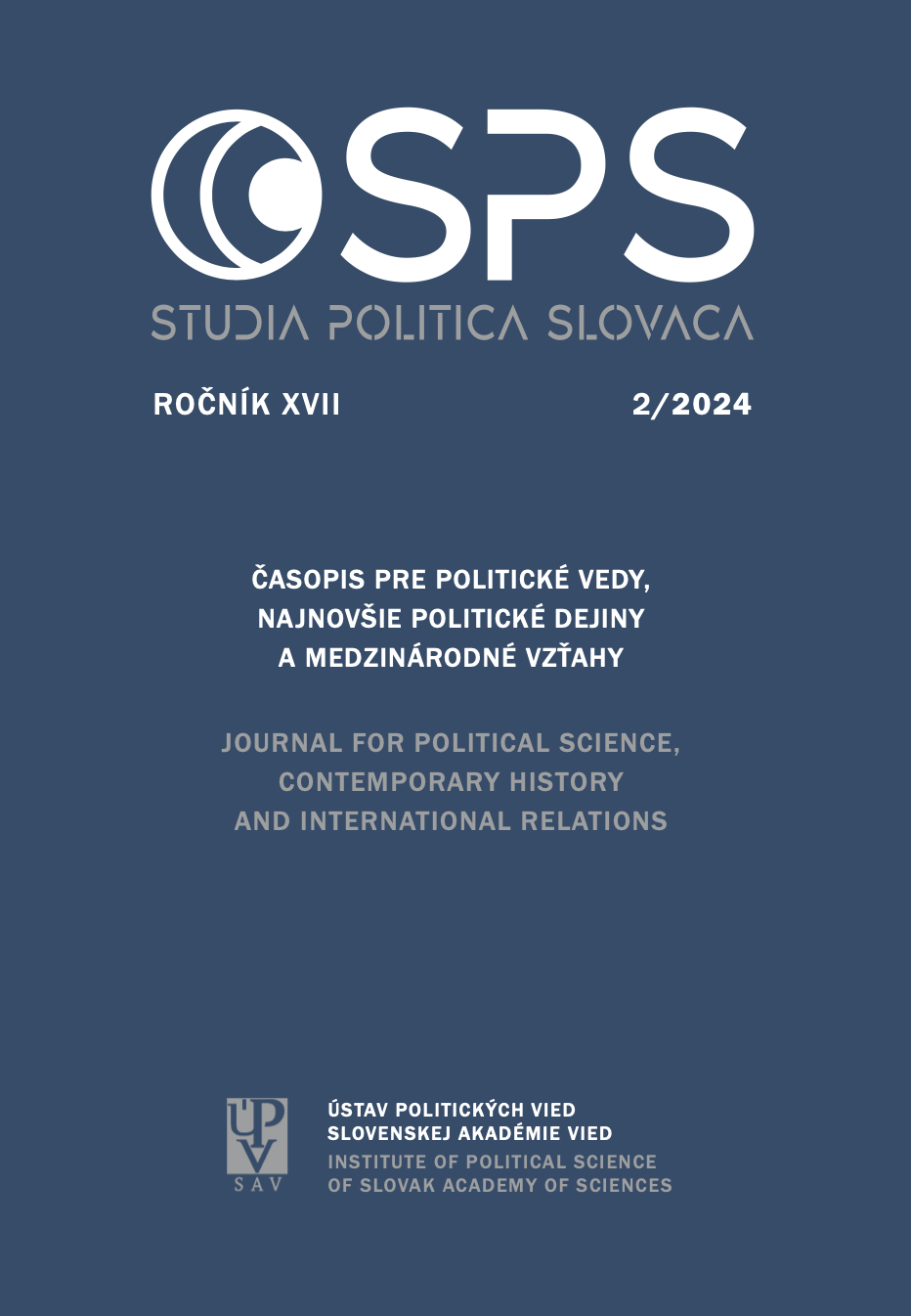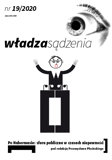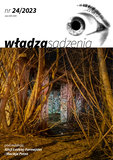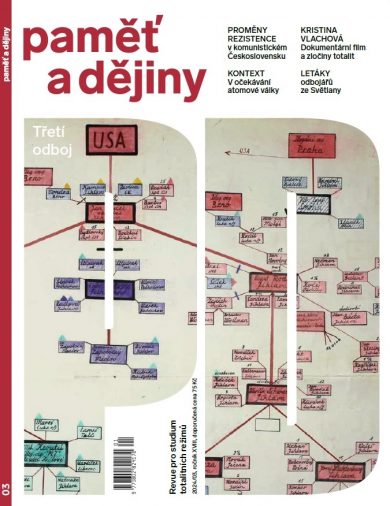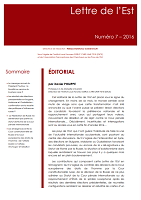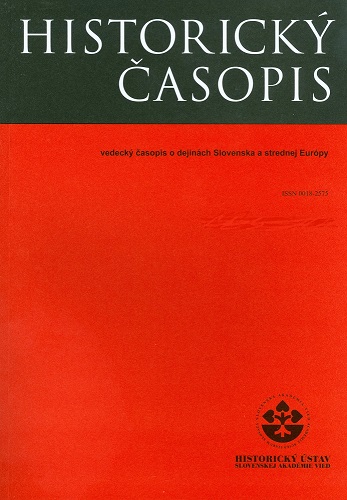
Formy komunikácie politických elít v stredovekej strednej Európe (Uhorsko, Rakúsko, České krajiny, 1250 – 1350)
The aim of this article is to give an account of the ritualized ways of communication of the ruling communities of the high and later Middle Ages in the Central European region. It focuses on the neighbouring realms of Bohemia, Hungary and Austria in the thirteenth and fourteenth centuries (c. 1250 – c. 1350). It argues that the ruling communities were formed from diverse political groups, most prominently represented by the ruler and his entourage (dynasty, court) on the one hand and the elites (both lay and spiritual) on the other. The rule (lordship) over a particular realm was a mixture of co-operation, competition and compromise between these groups. Secondly, these political communities therefore felt the constant need for public representation of their status, rank and symbolic role within the society. Effective ways to express belonging to a political group included a range of symbols, gestures and specific rhetoric.
More...
